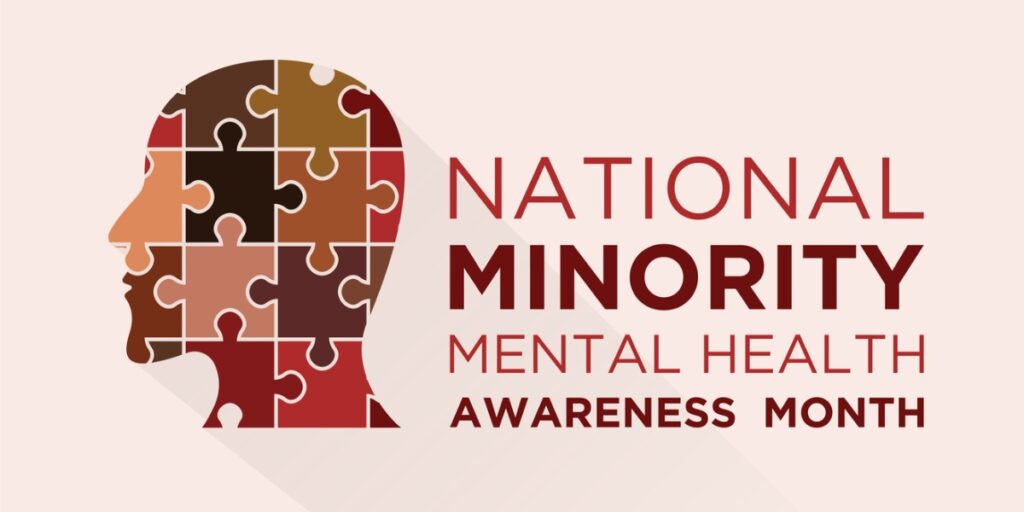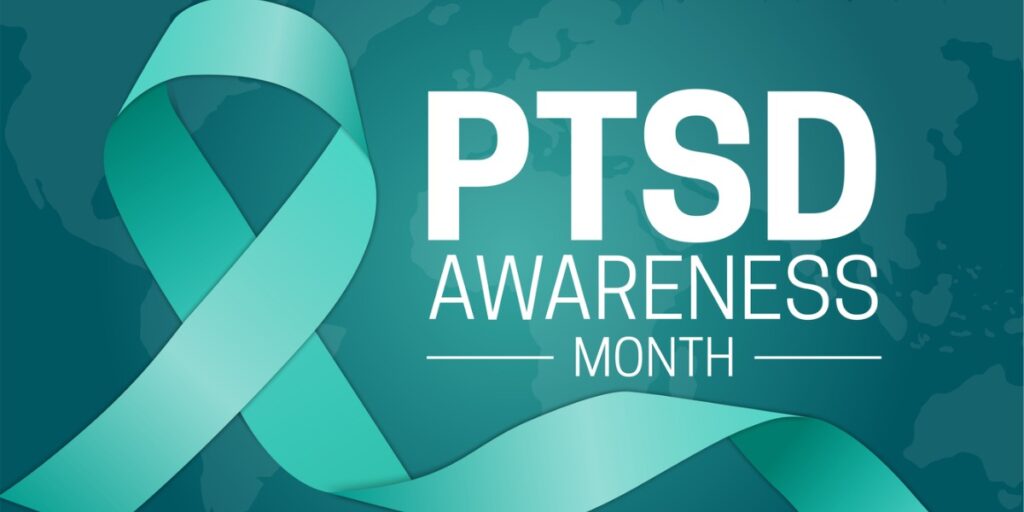Autism Spectrum Disorders (ASD)
Our understanding of autism has come a long way in the past twenty years. We now know autism encompasses a spectrum of emotional, psychological, and behavioral symptoms. Some people on the autism spectrum are high functioning, with little to no impairment in daily life, while others experience severe symptoms that impact their ability to integrate into mainstream school, work, or social situations.
Our skilled team of clinicians helps children, teens, and young adults on the autism spectrum when it is occurring with another mental health issue.
What are Autism Spectrum Disorders?
In 2013, the Diagnostic and Statistical Manual of Mental Disorders, Volume 5 (DSM-5) folded autistic disorder, Asperger’s syndrome, childhood disintegrative disorder, and other diagnoses into one category: autism spectrum disorders.
According to the American Psychological Association (APA), an autism spectrum disorder is:
“…any one of a group of disorders with an onset typically occurring during the preschool years and characterized by varying but often marked and persistent deficits in social communication and social interaction, including difficulties with social-emotional reciprocity, nonverbal communication behaviors, and social relationships, along with restricted and repetitive patterns of interests, behaviors, and/or activities.”
The various manifestations of ASD now receive specifiers, such as with or without intellectual impairment, with or without language impairment, associated with another disorder, and others. In addition, the DSM-5 defines three levels of severity:
- Level 1: Requiring Support.
- Level 2: Requiring Substantial Support
- Level 3: Requiring Very Substantial Support
Those levels are determined by the extent to which ASD symptoms interfere with successful functioning in school, home, and in social situations.
Signs and Symptoms of Autism Spectrum Disorders
People on the autism spectrum show symptoms in two primary areas: communication/social interaction and repetitive patterns of behavior.
Symptoms associated with communication and social interaction include:
- Deficits in social-emotional reciprocity:
- Atypical social approach
- Impaired ability for back-and-forth conversation
- Reduced sharing of interests, emotions, or affect
- Failure to initiate or respond to social interactions.
- Deficits in nonverbal communicative behaviors used for social interaction:
- Poorly integrated verbal and nonverbal communication
- Atypical eye contact and body language
- Deficits in understanding and use of gestures
- Lack of facial expressions and nonverbal communication.
Symptoms associated with communication and repetitive patterns of behavior include:
- Stereotyped or repetitive motor movements, use of objects, or speech:
- Lining up objects
- Disturbing/knocking over objects
- Echolali (repeating what others say)
- Repeating unique phrases
- Insistence on sameness, inflexible adherence to routines, or ritualized patterns of verbal nonverbal behavior:
- Extreme distress at small changes
- Difficulties with transitions
- Rigid patterns of thought
- Greeting rituals
- Need to do the same thing in the same way
- Highly restricted, fixated interests:
- Strong attachment to/preoccupation with specific, favored objects
- Interest is strong, but limited to one or a few things/objects
- Overreaction or underreaction to sensory input/unusual interests in sensory aspects of the environment:
- Indifference to pain
- Indifference to temperature
- Adverse response to specific sounds or textures
- Excessive smelling or touching of objects
- Visual fascination with lights or movement
To meet criteria for ASD diagnosis, the symptoms above must:
- Be present in the early developmental period
- Cause impairment in social, occupational, academic, or other important areas of life
- Not be better explained by another disorder, developmental condition, or intellectual impairment
Support for Autism Spectrum Disorders a BACA
Our psychiatrists can assess patients for autism spectrum disorder (ASD), make an accurate diagnosis, and provide referrals. We can treat ASD patients who also have other mental health conditions as part of their overall treatment plan.






